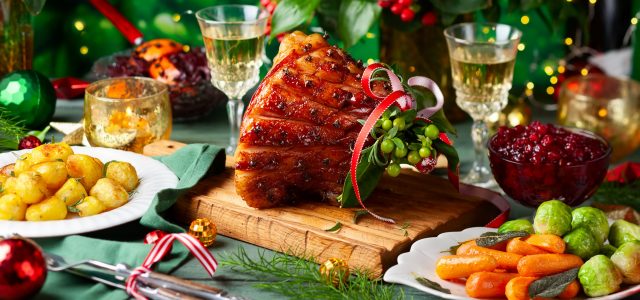
A Sprout is for Life
Not Just for Christmas
With Brussel sprouts, you either love them or hate them. They are synonymous with the traditional Christmas dinner, but where did that come from?
Chances are that if you live in Lancashire, the Brussel sprouts that you have with your Christmas dinner will have been grown locally. But how did the humble sprout become so vital to probably the most important meal of the year?
They are not the most attractive looking vegetable and if not cooked right can taste either too hard or too soggy and smell like rotten eggs.
They are members of the Brassica family and are in effect, mini cabbages.
Their past is a little murky but are said to be traced back to being grown in Europe in the 13th century, however they grew in popularity in Holland and Belgium around 1750, hence where their name came from.
They are relatively easy to grow and the areas around West Lancashire, Ormskirk, Hesketh Bank and Tarleton is where you will find them, due to the area being known for its fantastic soil, excellent agriculture and the micro-climate it seems to have.
James Buck, from Bucks Brothers is just one of a handful of sprout growers in Lancashire and he is proud of the quality of the vegetables he grows on his farm at Hesketh Bank. His cauliflowers, cabbages and sprouts are delivered to stores fresh, just hours after they were picked and packed in the field.
However, as to when they became a ubiquitous part of Christmas dinner, it’s difficult to say. There doesn’t appear to be any specific evidence, except that the sprout became popular in Britain in the 1800s at a time when the Christmas dinner was being invented and it could just be that as the sprout season is right in the middle of Christmas that the two were put together.
There are many health benefits to eating sprouts that it’s a shame to keep them to just one day. You will usually find them in stores locally from October through to March.
They are low in calories and high in nutrients. Just eight Brussel sprouts provides 70 calories. They are high in fibre, making them important for the digestive system. They are packed with vitamins and minerals, including iron, for making red blood cells to carry oxygen around the body, manganese, involved in many chemical reactions, such as breaking down the food we eat and phosphorus, needed to help build strong bones and teeth.
Sprouts are also full of vitamins K, A and B. So, they really are the ideal vegetable to eat. What’s more there are new varieties of sprout which are much sweeter, so if you’ve tried one in the past and not liked them, try them again and you might be pleasantly surprised.
But you don’t have to cook them the traditional way, there are plenty of recipes to spice up the unassuming sprout. For those who don’t like them, stir fry with leeks and butter (not margarine) and then add in some white wine. It’s absolutely delicious.
Alternatively try the recipe opposite, courtesy of Delicious magazine, which you could either use as a starter to your Christmas dinner for something a little bit different, or to use up leftover sprouts.
Don’t give up on the sprout. There’s more to them than meets the eye.

